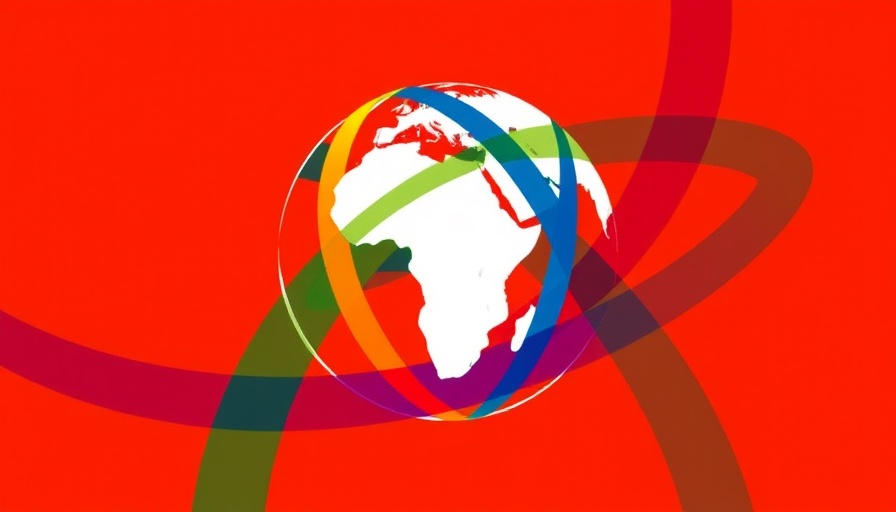
The Diplomatic Dance: Trump's Confrontation with Ramaphosa
The recent meeting between South African President Cyril Ramaphosa and U.S. President Donald Trump epitomizes the volatile nature of global diplomacy, especially regarding Africa's role on the world stage. Trump's brazen accusations of violence against white South Africans and deeply flawed character assessments of influential figures like Julius Malema reveal not just diplomatic tensions but a profound misunderstanding of African socio-political dynamics. Ramaphosa's encounter, instead of fostering dialogue, descended into an unfortunate display of disrespect that could have lasting implications on U.S.-Africa relations.
Contextualizing Malema: A Voice for the Oppressed
Julius Malema, though contentious, stands as a pivotal voice advocating for the marginalized within South Africa. His rise as the leader of the Economic Freedom Fighters (EFF) underlines a broader narrative against systemic injustice and economic inequality, resonating beyond borders. Labeling him merely as a ‘hate-filled black supremacist’ misses the complexities of his advocacy. Many view him as a symbol of resistance against historical oppression, with an agenda that encompasses Pan-Africanism, social justice, and economic reform aimed at uplifting the disenfranchised.
Geopolitical Implications: South Africa’s Strategic Importance
Trump’s dismissive portrayal not only reflects a lack of understanding of South African issues but also risks undermining American interests on the continent. As South Africa maintains a crucial position within the BRICS alliance and plays a significant role in Africa-China relations, the perpetuation of negative stereotyping could alienate an ally when the need for collaboration on economic development and trade is crucial. Learning to engage respectfully with African leaders is essential for the U.S. as it navigates a transforming global landscape.
Finding Common Ground: The Road Ahead for U.S.-Africa Relations
For American business leaders and policymakers, underestimating African political figures like Ramaphosa and Malema could result in lost opportunities for partnership. Engaging with Africa's rising economies demands a nuanced understanding of its leaders and their agendas. Creating platforms for genuine dialogue that respects the voices of African leaders can create pathways for collaboration in areas like trade, finance, and governance—areas where Africa’s potential is immense. The world is watching; it is time for a refined approach that considers Africa's agency and potential as a serious global partner.
Call to Action: Reconsidering Engagement Strategies
As global players reassess their strategies for engaging with Africa, it’s vital to advocate for respectful and informed dialogue, recognizing the continent’s complexities and realities. A restructuring of the narrative around African leaders—shifting from caricatures to comprehensive understanding—will not only serve diplomatic interests but also pave the way for mutually beneficial relationships. The stakes are too high for misunderstandings to persist.
 Add Row
Add Row  Add
Add 


 Add Row
Add Row  Add
Add 

Write A Comment